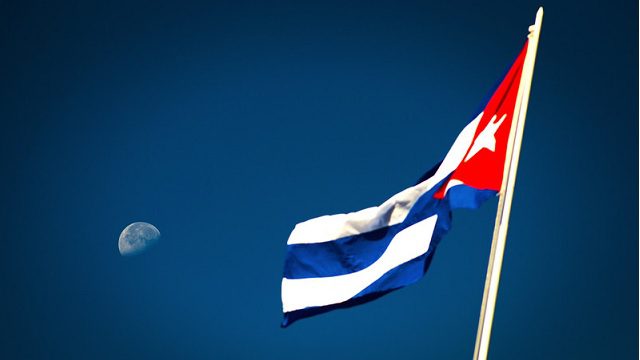The Czech Presidency of the EU also leaves open the proposal for the suspension of visa-free travel to the EU countries for the countries of the Western Balkans.
This proposal is considered as a last resort to reduce the number of illegal immigrants entering the EU through the countries of the Western Balkans, especially Albania and Serbia.
“The increase in the number of Cubans, Indians and Turks coming through Albania and Serbia to seek asylum in the EU has prompted talks on the suspension of visa-free travel in the Western Balkans”, writes EUobserver.
“In particular, citizens of Turkey, Tunisia, India, Cuba and Burundi enter legally (without visas) by air to Serbia (and from some of these countries also to Albania) and a very large number of them go irregularly in the EU member states”, says the document of the Czech EU presidency of October 11, which EUobserver has seen.
“Indian nationals are arriving illegally in the EU almost exclusively via the Western Balkans route. The same applies to Cuban citizens,” the document states.
It is emphasized there that “these are unusual movements through these streets and there is a risk of increasing this trend”.
“The fact that Serbia and Albania never fully harmonized their visa waiver lists with the EU, despite the fact that they enjoy the right to travel without visas to the bloc’s countries, contributes to the increase in the number of irregular migrants entering the EU through this road”, the document states.
The Czech presidency wants to exert greater diplomatic pressure on Albania and Serbia to harmonize visa waivers and bring back more irregular migrants.
“In the event that diplomatic efforts fail, the EU should prepare and consider a list of other measures that can be used, including in the context of the visa suspension mechanism,” the document states.
The increase in the number of illegal immigrants is putting pressure especially on the neighboring countries of the Western Balkans: Austria, Croatia and Slovenia.
The largest number of illegal immigrants still come from Afghanistan and Syria. Over 60,000 people tried to enter the EU clandestinely between January and August this year. This figure is almost 10,000 higher than the whole of last year, when 51,000 people entered the EU illegally.
The Western Balkans crisis comes seven years after the so-called migrant crisis of 2015, when more than 1 million refugees entered the EU irregularly, most of them via southeastern Europe.
The initial reason for establishing this system was the recent security concerns with terrorism and the migrant crisis.
There have therefore been calls for better management of who is entering the EU’s borders.
The EU has repeatedly stated its intention to make traveling within its borders a safer experience.
To reduce procedures and waiting time, as well as to address security concerns, the European Commission has come up with the ETIAS option.








